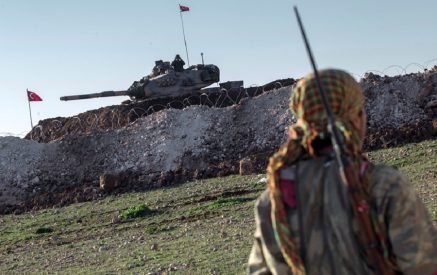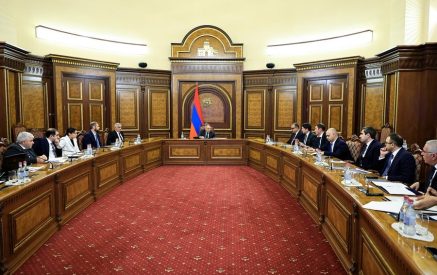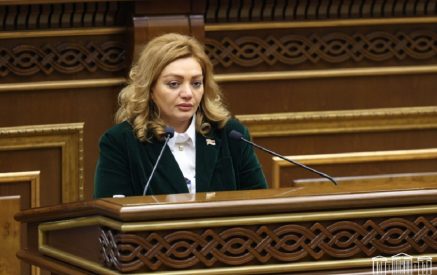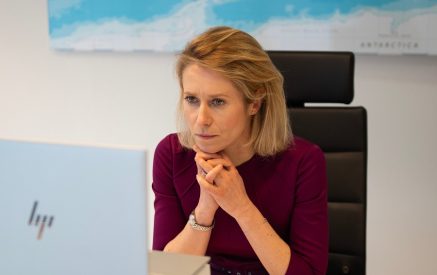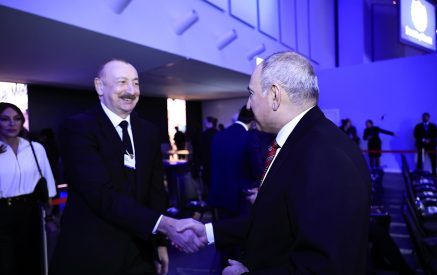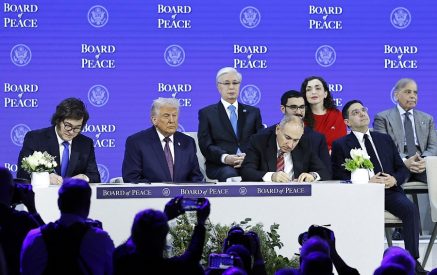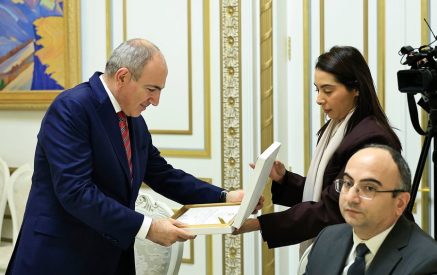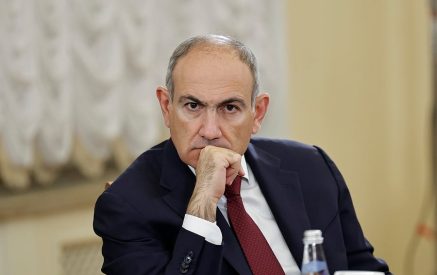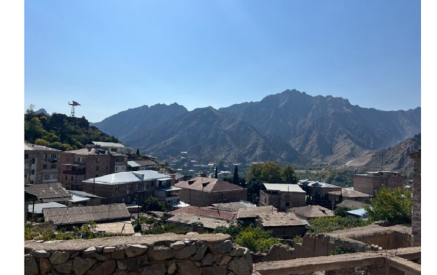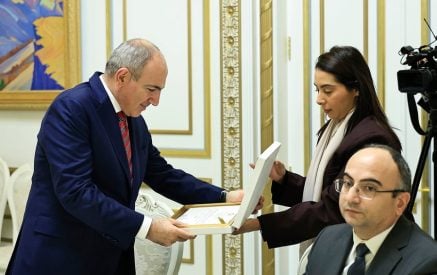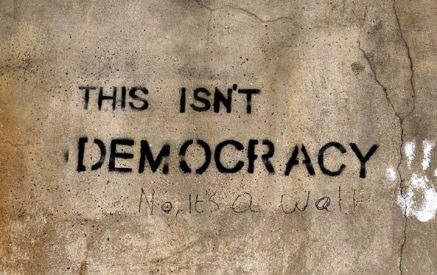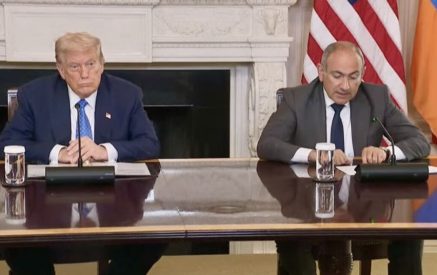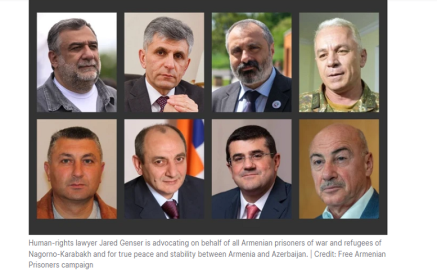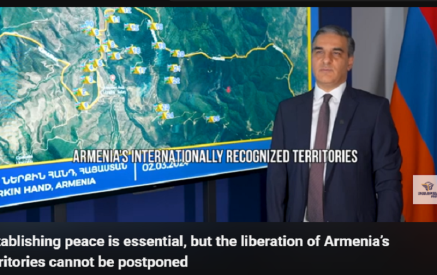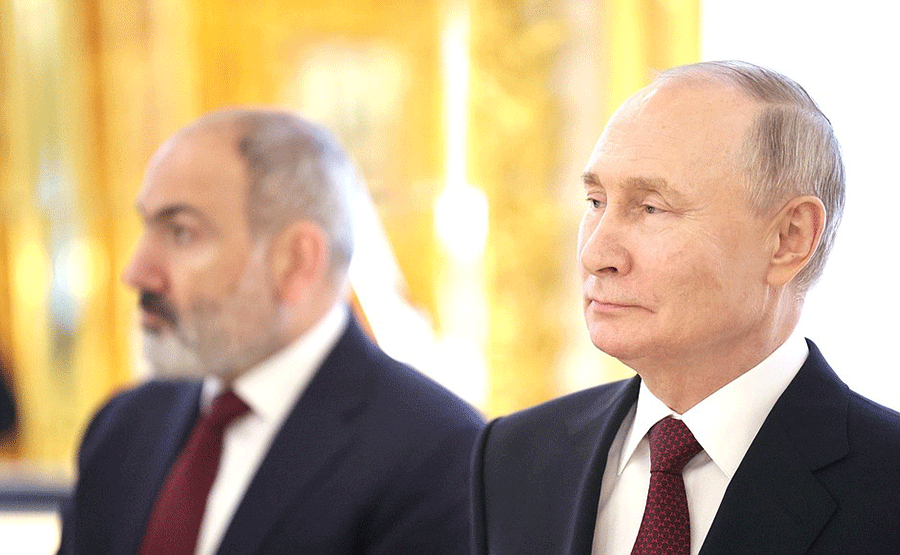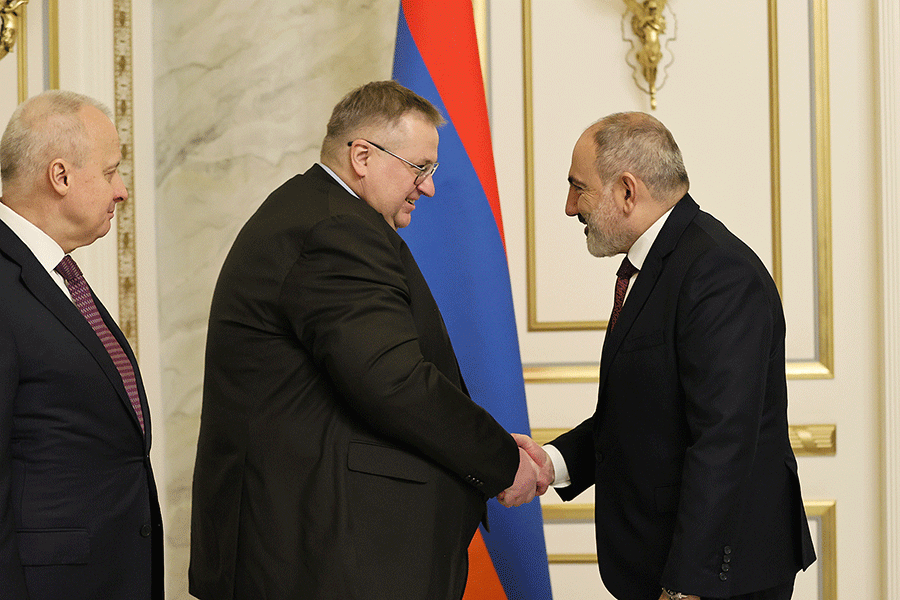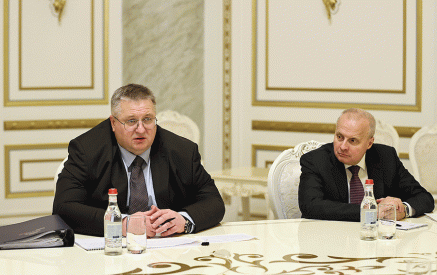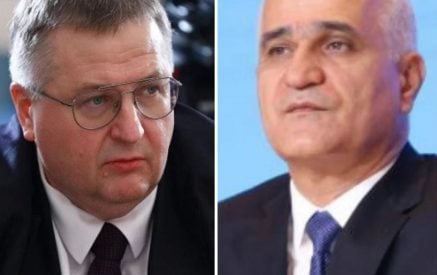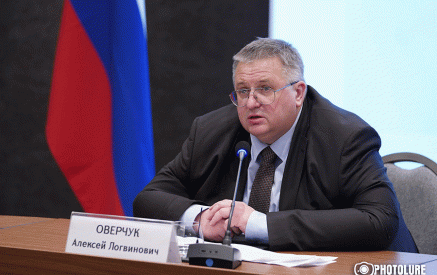Russia continues to regard Armenia as an ally despite mounting tensions between the two countries, Russian Deputy Prime Minister Alexei Overchuk said on Wednesday, citing a continuing rapid growth in bilateral trade.
“We proceed from the fact that Armenia is our ally,” he told Russian media. “And we proceed from the fact that we have very positive economic relations. Our [2023] trade turnover with Armenia is $7.3 billion. If we look at the statistics for January-April [2024,] it doubled compared with [the same period of] last year.”
Overchuk went on to praise Yerevan’s “very constructive contribution” to the Eurasian Economic Union (EEU), a Russian-led trade bloc comprising Russia, Armenia and three other ex-Soviet states.
Read also
The Russian vice-premier warned as recently as on June 25 that Armenia’s continued membership in the bloc is “incompatible” with its possible bid to join the European Union backed by some Armenian officials. He said the South Caucasus country risks losing tariff-free access to the Russian market and other economic privileges granted by Moscow.
The country’s political leadership revived talk of an EU membership bid last month amid a continuing deterioration of Russian-Armenian relations. It held a parliamentary hearing on the issue for leaders of pro-Western fringe groups loyal to Prime Minister Nikol Pashinyan. They urged the Armenian government to hold the referendum on joining the EU within the next three months.
Pashinyan unexpectedly voiced misgivings about the idea on Monday. He said his administration should clarify whether the EU is ready to eventually admit Armenia before holding such a referendum.
Despite the deepening rift between the two longtime allies, Russian-Armenian trade has skyrocketed since 2022, with Armenian entrepreneurs taking advantage of Western sanctions imposed on Russia over its invasion of Ukraine. Armenian government data shows that Russia’s share in Armenia’s foreign trade rose from over 35 percent in 2023 to almost 46 percent in January-April 2024. By comparison, EU countries accounted for just 5 percent of the four-month total.



